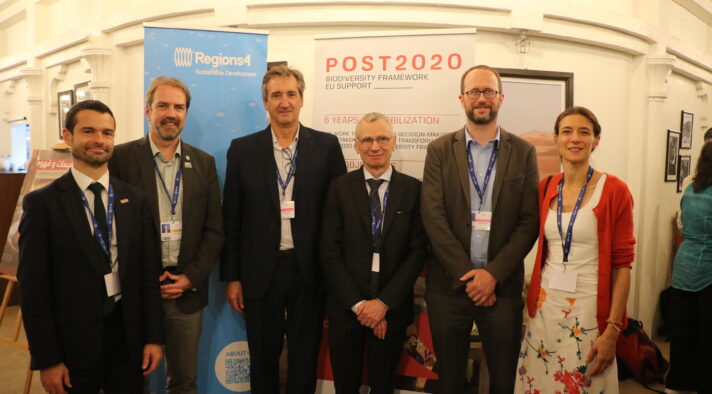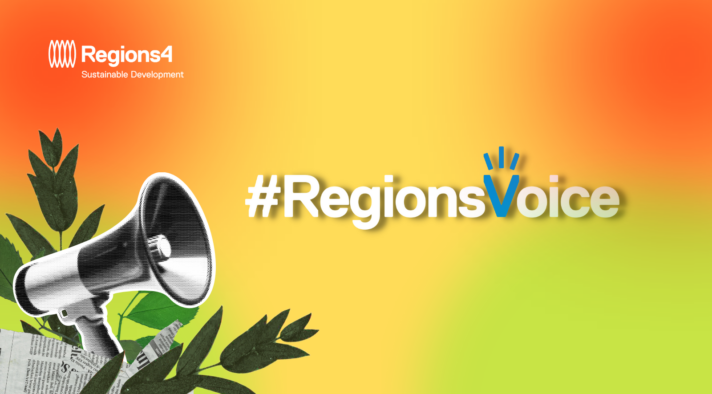The global scientific community has been warning for many years now that reducing carbon dioxide emissions is not enough to wind up the repercussions of climate change: the world needs to adapt to an increasingly warmer environment and adverse weather, and to tackle adversity through multilateral alliances.
The Climate Adaptation Summit, will be held online on 25-26 January, at a time when the international community has declared the need to connect initiatives and innovative solutions, and overcome the challenges to build a participatory and accelerated global adaptation process. The Conference, follows the 2019 United Nations Climate Action Summit and the 2020 Climate Ambition Summit, and it will build on the momentun towards the COP26 in Glasgow. The event will gather a wide variety of governmental and non-governmental stakeholders in a global dialogue on how to bridge the adaptation gap.
Launch of the Adaptation Action Agenda
In order to match the pace of climate change and accelerate the world’s adaptation measures, the Climate Adaptation Summit will see the launch of the new Adaptation Action Agenda, a platform to present key actions taken to enhance resilience and their envisioned outcomes with a 2030 roadmap. This initiative will bring together the global community of adaptation practitioners, allowing for tracking adaptation actions and brokering solutions.
RegionsAdapt: from decision-making to implementation at territorial level
The task to articulate climate adaptation action falls under a variety of stakeholders beyond national governments, namely regional governments, who play a crucial role in contributing to fill in the gap left by national climate plans, by defining ambitious objectives and acting as implementors of concrete actions on the ground. According to the RegionsAdapt Brief Report 2020, 79% of disclosing regions have undertaken or are in process of developing a vulnerability assessment, 68% already have an adaptation plan in place, and 85% reported being collaborating with the national counterparts in the development of the national adaptation strategies, supporting both decision-making and implementation.
The report shows how, even if much more ambitious action must be taken, regional governments continue to be at the forefront of the global adaptation agenda. In 2020 the report presented a thorough overview of the climate risks and impacts faced by regions, as well as 230 actions delivered in priority areas that range from forest conservation, disaster reduction, territorial planning or social impacts, among many others.
RegionsAdapt celebrated its 5th anniversary in December 2020, as the leading global initiative that gathers regional leaders to catalyse climate adaptation action. The initiative produces yearly reports with insights on how to tailor global decisions for the regional level, inspiring and supporting regional governments to take stepped-up action, collaborate and report on climate adaptation. On the road to COP26, RegionsAdapt will be collaborating with the global community of adaptation practitioners and the new Adaptation Action Agenda, identifying sinergies and forstering partnerships to jointly achieve the global climate action goals.
Further information
To learn more and register for the Climate Adaptation Summit, please visit the website www.cas2021.com
To learn more about the RegionsAdapt Brief Report, download it here.
To join the thriving RegionsAdapt community, please contact Mayra García-Blásquez, RegionsAdapt Project Officer, at mgarcia@regions4.org



